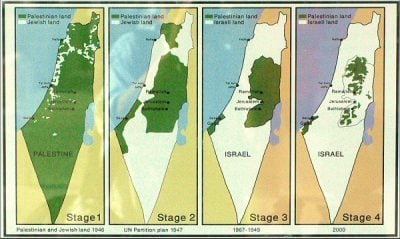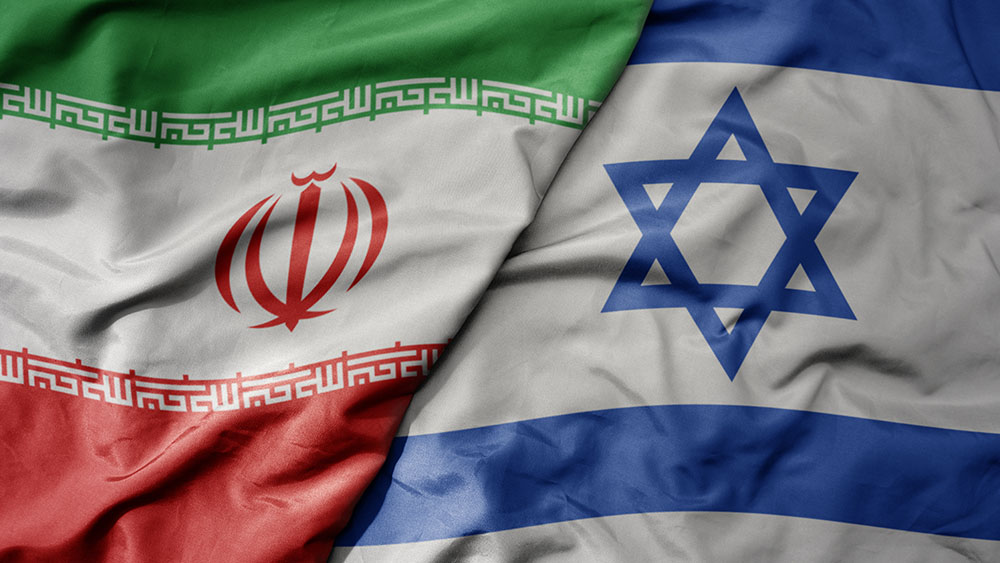US aims to ease conflict with Iran?
Press TV. Listen here.
US Secretary of State Mike Pompeo’s recent announcement is an effort to ease rising tensions that have sparked fears of a conflict, American author and political commentator Keith Preston says.
In past months, Pompeo was said to be setting the stage for war with Iran.

PressTV-Pompeo preparing for war with Iran: Bush-era officialMike Pompeo is “setting the stage for a war with Iran,” says a Bush-era official, claiming he sees the same pattern that developed ahead of the 2003 war on Iraq.
However, Pompeo seems to be moving in another direction now. He said on Sunday that Washington was now ready for unconditional talks with Iran.
The author of Attack the System believes that some of the Trump administration’s anti-Iran comments, mainly those by Pompeo and the hawkish National Security Adviser John Bolton, have been very extreme and “Trump may be trying to rein those guys in a bit.”
Washington’s European allies in NATO might have advised US President Donald Trump to direct his administration to back down from its hostile policy against Iran, Preston told Press TV in an interview on Monday.
In addition, the US military leadership, which see its troops spread out in US bases and war zones in multiple conflicts and pressure points across the globe making them unable to mobilize enough troops to effectively engage in war with Iran, has been exerting pressure on Trump to refrain from a major conflict in the Middle East, Preston said.
Furthermore, conflict with Iran is unpopular among the Americans and Trump, who is eyeing the 2020 presidential election, would lose votes if he pursued war with Iran, according to Preston.
“Trump himself seems to be instinctivelyopposed to some kind of direct military confrontation. He doesn’t seem to be opposed to diplomacy and negotiation,” Preston concluded.
Comments (14)



